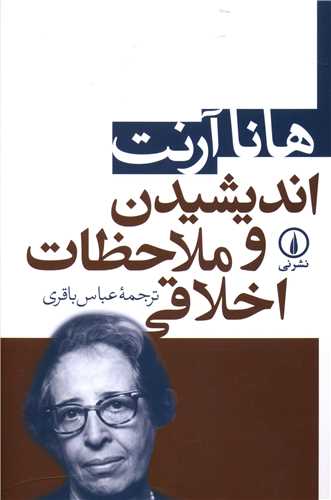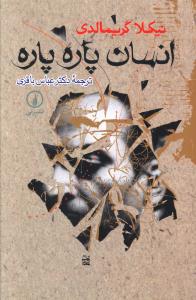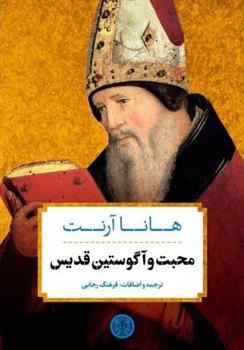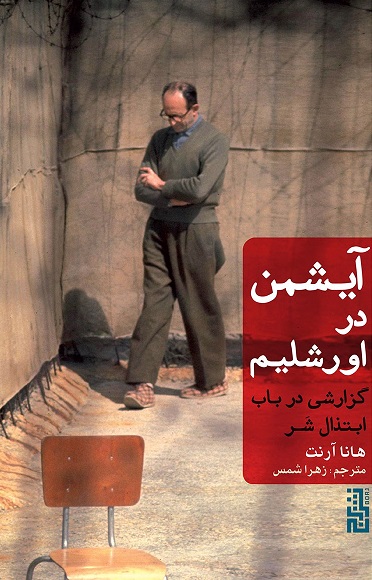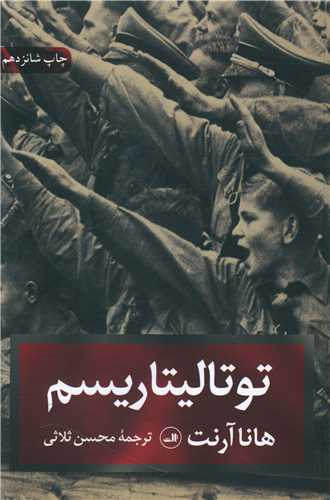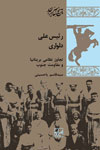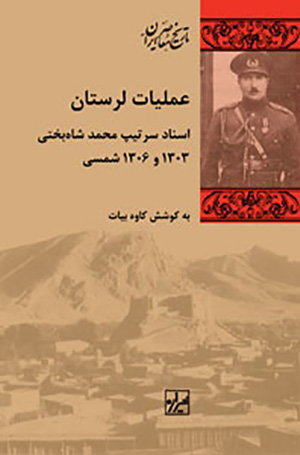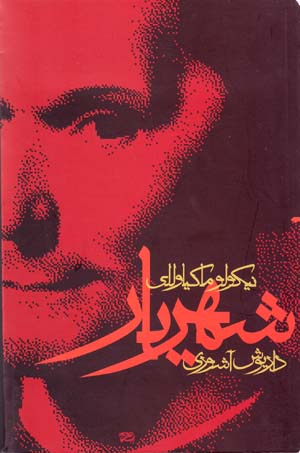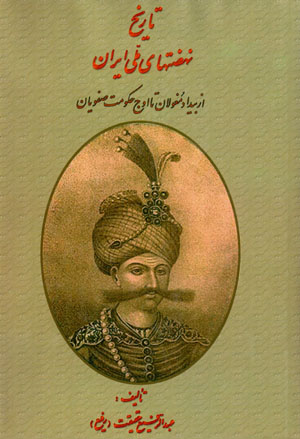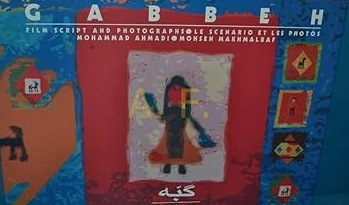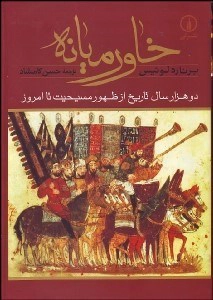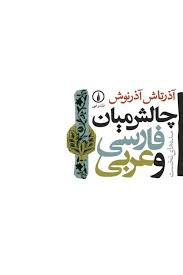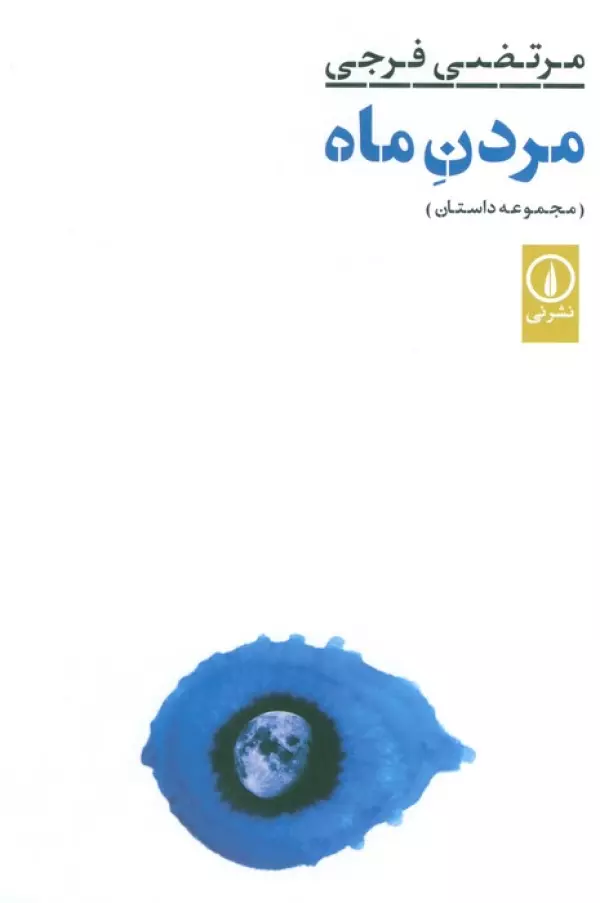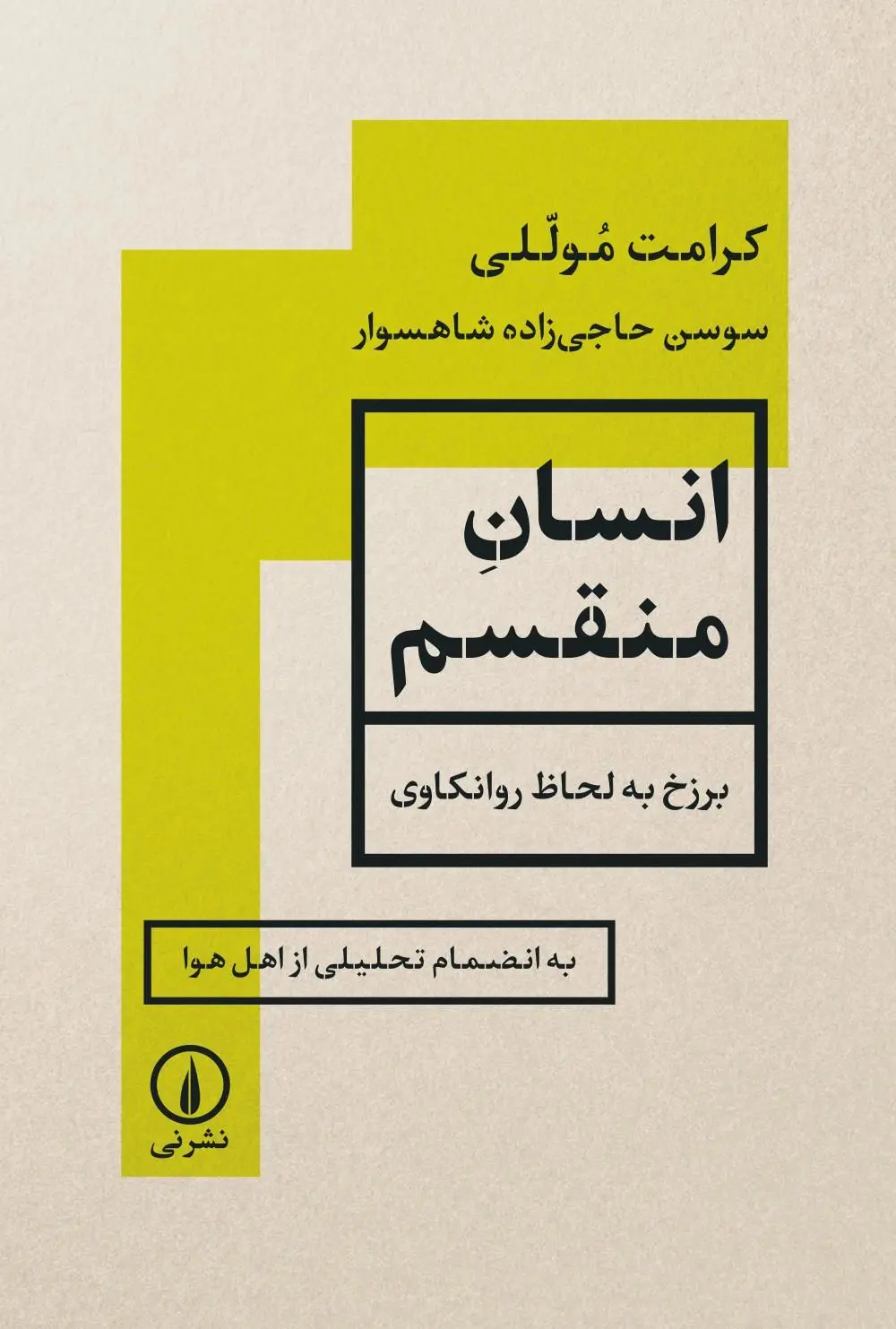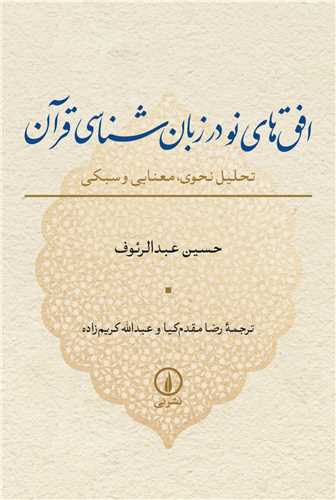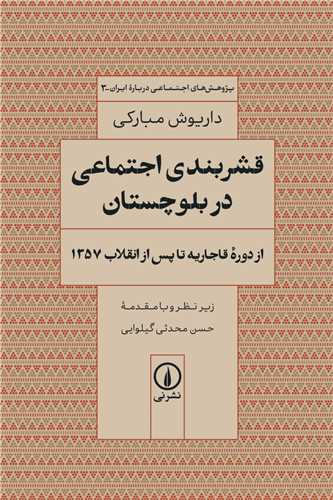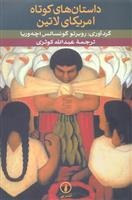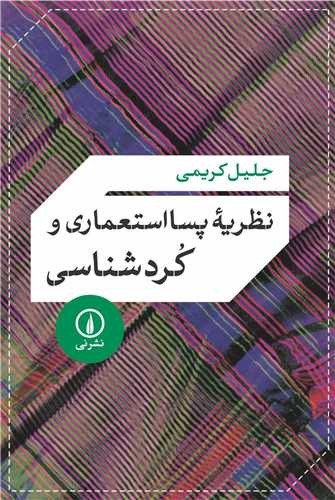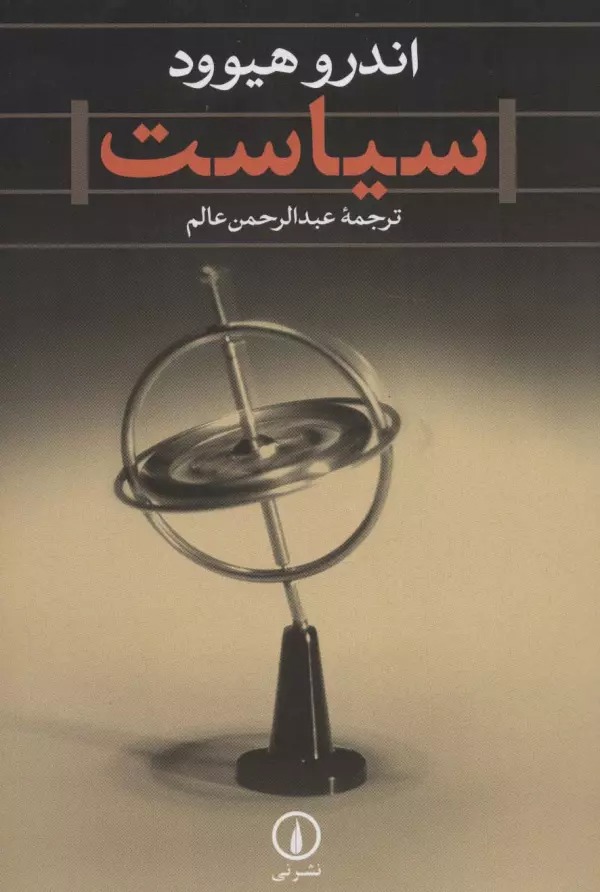اندیشیدن و ملاحظات اخلاقی فارسی 1401
Andīshīdan va Mulāḥiẓāt-i akhlāqī
14٫81 $
اشتراکگذاری
Wishlist
شابک:
9789643124922
مترجم:
'Abbas Baqiri
ناشر:
Nashr-i niy
گروه سنی:
بزرگسال
صفحات:
64
وزن:
90 g
ابعاد:
14 x 21 x 0٫6 cm
جلد کتاب:
شومیز
Is our ability to judge, to distinguish good from evil, beautiful from ugly, dependent on our ability to think? So many years after the Eichmann trial, Hannah Arendt returns in this short essay, written in 1970, to the question of evil. Eichmann was neither monstrous nor demonic, and the only characteristic detectable in his past as in his behavior during the trial and interrogation was a negative fact: it was not stupidity but an extraordinary superficiality. A curious and authentic inability to think. The question that Hannah Arendt poses is: can the activity of thinking in itself, the habit of examining everything and reflecting on everything that happens, without regard to the specific content, and concern for the consequences, this activity be of such a nature that it conditions men not to do evil? Is the disastrous lack of what we call conscience not ultimately only an inability to think?
more
«اندیشه، شناخت نیست بلکه توانایی تکیز نیک از بد و زیبا از زشت است و این توانایی میتواند، دست کم برای من، در لحظه هایی کمیاب وسیله پیش بینی فاجعه ها باشد...»
موضوع اندیشه نمیتواند جز چیزهای دوست داشتنی-زیبایی، حکمت، عدالت و غیره-باشد. زشتی، نبود زیبایی، نبود دادگری، و نبود نیکی است... یعنی بدی و زشتی اصالت یا جوهری ندارند تا اندیشه بتواند به آنها بپردازد...
«واقعیت اسفبار این است که بخش بزرگ بدی ها را کسانی مرتکب میشوند که هرگز تصمیم به بد بودن یا خوب بودن نمی گیرند...آنها که توانایی اندیشیدن ندارند.»
و این است آنچه اندیشمند بزرگ، هانا آرنت در این رساله کوتاه می گوید، می پژوهد و از عهده آن برمی آید.
more

